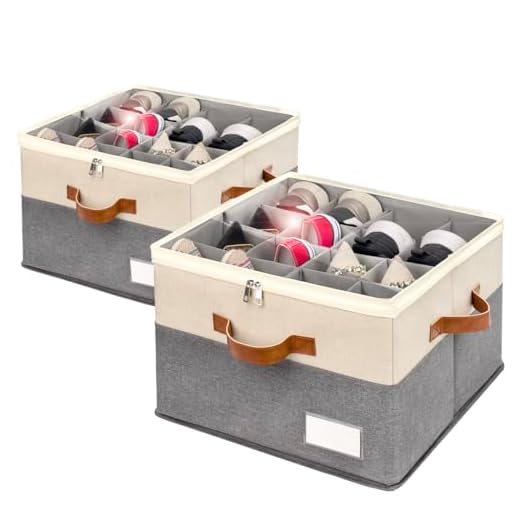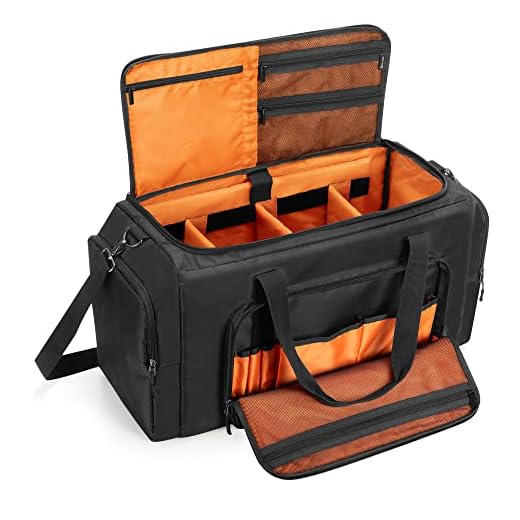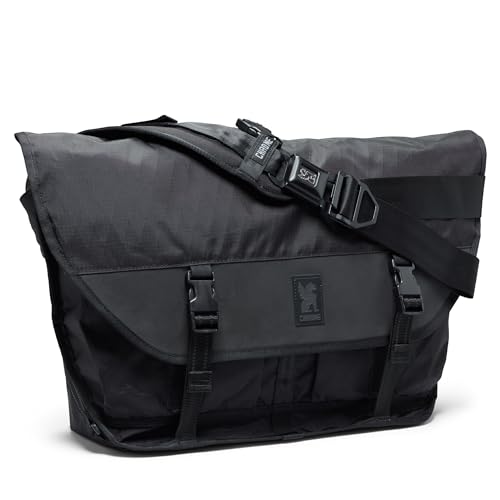



Always allocate a dedicated spot for footwear to maintain organization within travel bags. Placing them at the bottom ensures weight distribution, providing a stable base. Consider utilizing the insides of your pairs as storage for small items like socks or chargers, maximizing every inch of space.
Utilize packing cubes or shoe bags to safeguard against scuffs and maintain cleanliness for the rest of your belongings. Roll clothing items and place them around the sides of shoes; this method not only protects but also optimizes space. Additionally, choosing versatile styles can reduce the overall number of pairs needed, streamlining the packing process.
Lastly, prioritize lightweight options that compress easily and can be worn for different occasions. This practice not only saves space but also enhances convenience during travel. Implement these strategies to create a more organized and efficient packing experience.
Efficient Packing for Footwear
Begin with stuffing smaller items like socks or accessories into the inside of each pair. This utilizes space effectively and maintains the shape of the footwear.
Place bulkier pairs at the bottom of the bag, as they provide a foundation for lighter objects. Arranging them heel to toe helps maximize available space.
Consider wearing the heaviest pair during travel to lessen carry-on weight. Utilize shoe bags to prevent dirt from spreading onto clothes.
For those looking for a lightweight travel option, check out the best ultralight backpacking backpack to accommodate all essentials without excess weight.
Finally, incorporate compression bags for additional storage efficiency, allowing for optimal organization.
Choosing the Right Type of Luggage for Footwear
Select a suitcase with a spacious compartment, ideally with a dedicated section for accessories or gear. This feature allows for the compartmentalization of different items, keeping everything organized.
Hard-shell options provide solid protection against impacts and environmental factors, ensuring footwear retains its shape during transit. These models often include a water-resistant exterior, safeguarding contents from moisture.
Soft-sided bags offer flexibility, allowing for some expansion when packed. Look for designs with multiple pockets, facilitating the storage of smaller articles alongside the main footwear section.
Consider wheeled varieties for easier maneuverability in airports and hotels. A luggage piece with 360-degree wheels enhances mobility, making it simpler to transport heavier items without strain.
Invest in a lightweight design; a bag that combines durability with minimal weight ensures travelers can pack more without exceeding airline restrictions.
For travelers with multiple pairs, a duffel or garment bag with shoe pockets can be practical. This configuration not only saves space but also protects other items from dirt or scuffing.
Check airline regulations regarding dimensions and weight limits to avoid additional fees. Choose a size that balances capacity and compliance with travel restrictions.
Incorporate packing aids like shoe bags or pouches to keep footwear separated from clothes and other belongings. These solutions provide additional organization and prevent damage.
Techniques for Maximizing Space in Your Luggage
Utilize vacuum bags to compress clothing and reduce volume significantly. They can help organize garments while preserving cleanliness.
Rolling vs. Folding
Adopt rolling method for garments instead of traditional folding. This not only saves space but also minimizes wrinkles. Pair tightly rolled items together to optimize available room.
Strategic Placement
Place heavier articles at the bottom of the container to stabilize. Position lighter and smaller pieces on top. Fill in gaps with accessories, like belts or socks, capitalizing on every inch.
| Technique | Description |
|---|---|
| Compression Bags | Reduce volume by removing air, creating more compact storage. |
| Rolling Method | Minimizes wrinkles and creates uniform shapes for stacking. |
| Layering | Sort by weight and size, ensuring stability and maximizing space. |
| Accessory Utilization | Use small items to fill voids, taking full advantage of all areas. |
Alternatives for Packing Footwear without Damage
Utilize packing cubes specifically designed for footwear. These compartments provide structure, preventing squishing and maintaining shape during transit.
Wrap each individual item in soft materials such as socks or t-shirts. This method cushions against external pressure while utilizing space efficiently.
Consider Compression Bags
Utilizing vacuum-sealed storage bags can significantly reduce the volume of bulky designs. These bags not only save space but also protect from moisture and dirt.
Use Plastic or Fabric Shoe Bags
Invest in specialized bags for transportation. Whether made of breathable fabric or durable plastic, they shield against scuffing and enable organized packing, keeping pairs together.
Using Packing Cubes for Shoe Organization
Utilize packing cubes specifically designed for footwear to maintain order in your travel container. These compartments keep pairs separate and prevent damage during transport.
Selection of Packing Cubes
Choose cubes made from durable, breathable materials. Look for options with a rigid or padded structure to offer protection against crushing. Consider transparent models to quickly identify contents without unpacking.
Space-Saving Tips
- Place small items such as socks or other accessories inside the cubes with the footwear to maximize space.
- Use the cube’s compartments for matching items, ensuring everything is easily accessible.
- Encapsulate each pair in a breathable fabric to prevent odors and maintain freshness.
Lastly, experiment with various configurations to determine the most efficient arrangement that suits personal packing habits while safeguarding footwear throughout the trip.
Creative Ways to Store Footwear in Your Suitcase
Utilize empty spaces inside shoes by stuffing them with socks, belts, or small personal items. This maximizes available room and keeps the form of the footwear intact.
Consider using a shoe bag or a dedicated compartment in a suitcase for separation. This not only protects garments from dirt but also simplifies access during travels.
Experiment with rolling your shoes into packing cubes. This method organizes various types effectively while ensuring that nothing gets crushed or damaged.
Wrap shoes individually in soft fabric or bubble wrap to safeguard against scuffs and scratches while optimizing space between other belongings. This protective layer is crucial for delicate materials.
For travel on longer trips, pack footwear in a compression sack. This reduces volume while protecting the contents from moisture, making it ideal for hiking boots or wet shoes.
Store footwear vertically when placing in a suitcase. This technique conserves floor space and allows for better visibility, ensuring quicker decisions when selecting pairs.
Tips for Traveling with Multiple Pairs of Footwear
Select lightweight and versatile options. Choose styles that can serve multiple purposes, such as a pair that works for both casual outings and more formal occasions.
Prioritize Packing Techniques
- Use the inside of footwear for packing smaller items like socks or chargers, maximizing hidden space.
- Wrap each pair in plastic bags to protect them from dirt and moisture, preventing them from affecting other items.
- Consider using footwear organizers that compress and protect footwear while keeping them organized.
Rotate and Plan Outfits
- Choose a cohesive color palette so that each pair can complement various outfits, minimizing the total number needed.
- Strategically plan outfits around your footwear selection, ensuring each pair is worn multiple times during the trip.
Incorporate accessories such as best aquarium in europe themed items to personalize and elevate any look without additional bulk.








